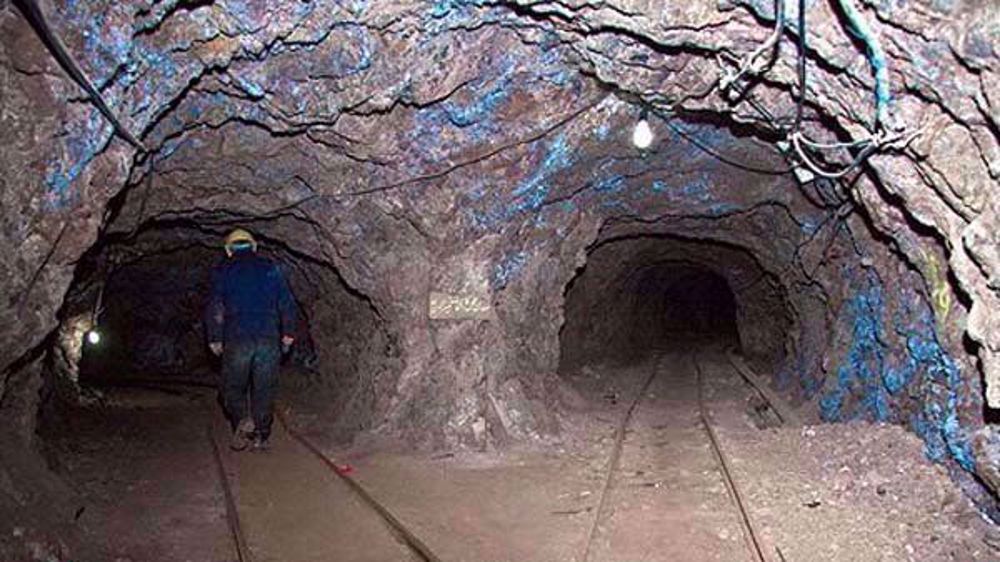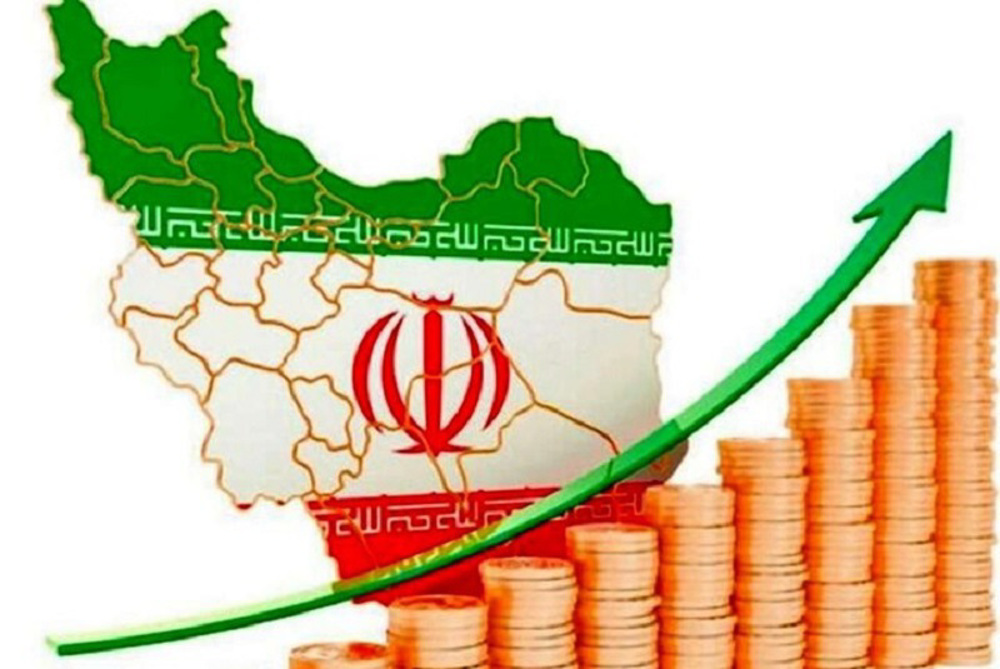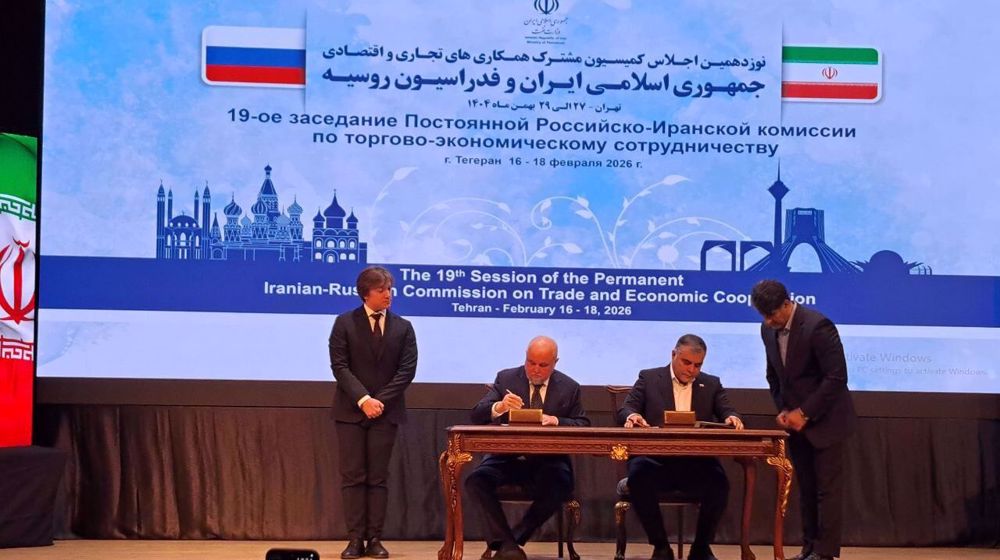European companies ignore US, keen on returning to Iran market: Report
A new report says in their haste to return to the Iranian market, most European companies are ignoring US warnings about heeding anti-Iran sanctions as long as they are in place.
Iran and the P5+1 group of countries - the US, the UK, France, Germany, Russia and China – reached an agreement on Tehran’s nuclear program in the Austrian capital city of Vienna on July 14. According to the agreement, restrictions will be imposed on Iran's nuclear program in return for the removal of sanctions imposed on the country’s economic and financial sectors.
Since the conclusion of the agreement, the United States has been warning European companies about hasty return to Iran before sanctions are actually removed. However, most European companies and governments have been ignoring Washington’s admonitions and during about one and a half months that have passed since the conclusion of the Iran deal, many European delegations have visited the country seeking expansion of economic and trade ties.
London-based The Guardian, in a new report published on Tuesday, noted that the nuclear agreement has actually widened the gap between the two sides of the Atlantic, saying, “The ink was barely dry on the agreement with Iran … before a German government plane packed with the nation’s economic elite touched down in Tehran.”
“The trip was the first in a rush of European ministers and businesspeople flocking to a market poised to reopen after years of grinding sanctions. Upscale Tehran hotels are packed and tables at trendy restaurants are scarce as foreigners jostle for bargains, even amid uncertainty over whether [US] President [Barack] Obama can overcome US congressional opposition to the deal,” the report said.
It added that the unceasing stream of European visitors to Tehran is the latest sign of the Atlantic-wide divide between the US and Europe.

“We are talking here about 80 million people who need energy supplies, who … want to get back off their knees in the oil and gas businesses. There are opportunities and chances,” Joe Kaeser, chief executive of Siemens, the German industrial conglomerate, told German television last month.
Siemens sent a senior official to Tehran, who accompanied the German vice chancellor, Sigmar Gabriel, in his visit to the Islamic Republic last month. The visit took place five days after Iran and the P5+1 group agreed on the nuclear deal on 14 July.
According to the Guardian, despite uncertainties that still surround the nuclear deal, “agreements are already being signed – with government stamps of approval.”
“There is no particular reason why the Europeans would let themselves be affected by US self-inflicted injuries,” said Francois Heisbourg, a defence analyst at the Paris-based Foundation for Strategic Research.
Iran Armed Forces warn US of severe consequences for any aggression
VIDEO | Iran, US move ‘closer to agreement’ after ‘serious, longest’ round of talks: FM
Israeli army chief privately warns of cost of new war with Iran: Report
IRGC official: US buildup, psychological tactics aim to 'swallow Iran again'
Iran’s three-man team captures triple gold at UWW ranking series in Tirana
Iranian academic sentenced to 4 years in prison in France for supporting Palestine
VIDEO | Press TV's news headlines
Russia: West seeks to repeat past ‘plunder’ of Iran’s oil










 This makes it easy to access the Press TV website
This makes it easy to access the Press TV website